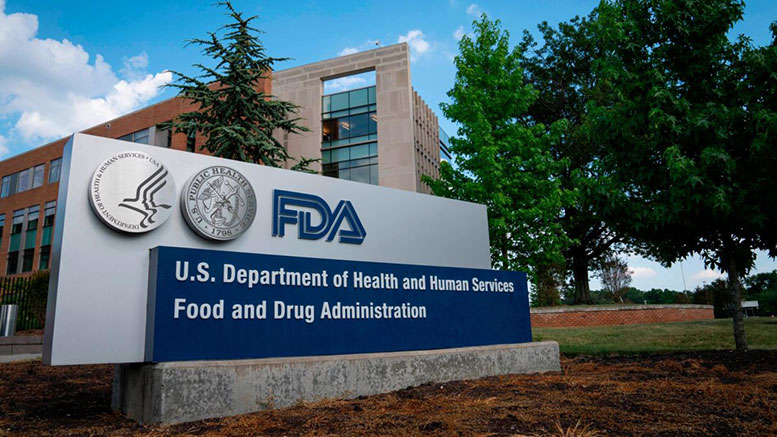With prospects slim for CBD to be regulated in the absence of an updated U.S. Farm Bill, the U.S. Food and Drug Administration (FDA) appears it will continue past practice – attempting to keep up enforcement by issuing warnings to producers while waiting on Congress to set rules.
Congress failed to produce a comprehensive Farm Bill this year, meaning hemp and other issues are not likely to be resolved until September 2024. Regulations for CBD, and delta-8 and other synthetic, high-producing compounds made from CBD, are among key issues still to be resolved, and are likely to be contentious because hemp stakeholders disagree on policy and rules.
Stakeholders had been counting on the 2023 Farm Bill (officially, the Agriculture Improvement Act of 2023), a $1 trillion spending package passed every five years, to clarify hemp rules for businesses and protect consumers. Changes are especially needed to shore up language in the 2018 Farm Bill, which legalized hemp federally but didn’t set rules for hemp extracts such as CBD, nor for psychoactive hemp products made from the hemp plant’s flowers.
FDA playbook
Reverting to its standard playbook, FDA signaled it will keep up enforcement, recently warning a North Carolina company that its products containing CBD are illegal under the Federal Food, Drug, and Cosmetic Act (FD&C Act). The agency reminded the company that there is no food additive regulation which authorizes the use of CBD. FDA has consistently issued warnings that adding CBD to a food means those products are adulterated.
The company, GCHNC LLC, was also warned about its products containing delta-8 THC – synthetic, high-producing concoctions made from CBD – that have not been evaluated for safe use, and have sparked adverse event reports.
The agency has repeatedly warned that delta-8 THC products may contain harmful chemicals, and should be kept away from children and pets. The unregulated – and therefore often unsafe – products have flourished at a frightening pace and are sold openly in smoke shops, convenience stores, gas stations and online.
Not GRAS
FDA wrote that delta-8 THC is not categorized under GRAS (generally recognized as safe) guidelines and that any food containing the compound is therefore also adulterated.
GCHNC LLC, which does business under several other names, makes cookies, gummies, candies and a honey product that contain CBD and/or delta-8 THC, according to the FDA.
The warning letter was addressed to Alaa Odeh Mahmoud Hamed and Abdulraouf B. Allamandani, “registered agents” of the Greensboro, NC company, which also operates under the names Hemp XR, Gate City Hemp, and Allaziya Enterprises, LLC.
Worries over minors
Rend Al-Mondhiry, an attorney at Washington, D.C.-based Amin Talati Wasserman, said the letter, in part, reflects FDA’s concern over minors’ access to the delta-8 products.
“FDA, and I think rightly so, has focused on delta-8 THC products that resemble common foods, especially those that appeal to children,” she told Natural Products Insider.
“The concern is accidental consumption by children or even accidental over-consumption by adults. We’ll probably continue to see FDA focus on this group of products that pose the greatest risk” Wasserman added.
Targeting
FDA and the Federal Trade Commission (FTC) earlier this year targeted companies in several states for their online sales of products containing the delta-8 THC, which naturally occurs in hemp but only in trace amounts.
Taking advantage of unclear current laws, shady producers are turning out high-concentration delta-8 and other psychoactive compounds by putting hemp-derived CBD through a process in the lab. Delta-8 reportedly produces a psychoactive effect that is milder than that associated with delta-9 THC, the more common variety of THC found naturally in marijuana.

